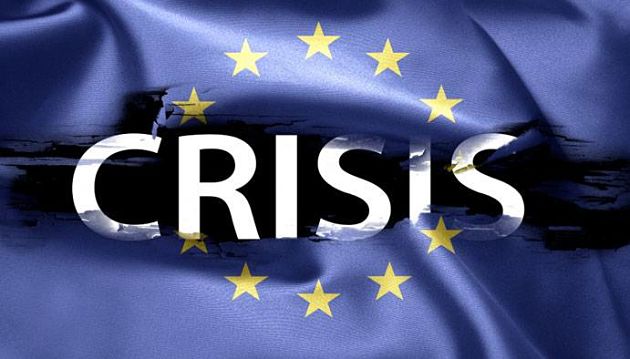Today’s news about the terrorist attack in Hanau, Germany (https://golosislama.com/news.php?id=38100) cannot be considered a coincidence. And the problem is not only that a few days ago we wrote about an exposed terrorist group in the same Germany that was planning armed attacks on mosques all over the country (https://golosislama.com/news.php?id=38076). The Turkish Foreign Ministry issued a special statement regarding the incident in Germany (it was revealed that 5 Turks died in the attack), urging the government of that country to put an end to xenophobia, as otherwise it will take on threatening proportions. German Chancellor Angela Merkel also issued a statement condemning xenophobia.
We will return to xenophobia later because it is a consequence rather than a cause of serious European problems. In Europe, including Germany, there have been attacks against Muslims organized not only by overt xenophobes and Islamophobes. Just in the last few months, two Chechen refugees were killed – one in Germany and one in Belgium, and in the latter case a blogger was killed. During the investigation of this murder, it was revealed that the perpetrator had planned to kill another Chechen blogger living in Germany.
According to the results of open investigations, the organizational threads of all these murders and assassinations lead to Moscow, as many local commentators also say. In such a situation, EU countries could have reacted to these murders at least as Britain did to the attempted murder of Sergei Skripal. Instead, Angela Merkel is behaving towards Vladimir Putin as if nothing had happened, and Emmanuel Macron is relentlessly pushing for even greater normalization of relations with Putin’s Russia, which is behind the terrorist attacks in EU countries.
If the authorities of France and Germany, with such behavior, effectively encourage terror by foreign secret services on their territory, how can we expect them to be able to fight terror coming from their own citizens?
And, by the way, why are these citizens increasingly resorting to terrorism – an equally important question. Aggressive and dehumanizing xenophobia is evil, no doubt, and in this case it is not an abstract evil but a concrete and deadly one directed against Muslims. But why are young Germans and other Europeans increasingly deciding not only to take the lives of foreigners, but also to sacrifice their own lives, as was the case in Hanau?
Terrorists see the increasing flow of refugees into their countries, but this flow is to a large extent a consequence not only of the colonial past of some of these countries, but also of their lack of coherent policies in the present.
For example, EU countries have an unclear position on dictators like Bashar al-Assad, from whom millions of Syrians are fleeing. They are not fulfilling their obligations to resolve the crisis in another key country for either the influx or containment of refugees – Libya. After a conference on Libya held in Berlin, it seemed that a ceasefire guaranteed by EU countries had been agreed upon. However, this did not prevent the military adventurer Khalifa Haftar from continuing to make bellicose statements and attacking his opponents. There has been no firm reaction to this, and given that Haftar is essentially supported by France, we are once again seeing indulgence of forces that are destabilizing not only their own countries, but potentially Europe as well.
The attitude toward Muslim refugees from Putin’s Russia is similar. Why is the flow of these refugees increasing year after year? Is it not because their basic rights are being trampled on at home? However, instead of putting pressure on Putin’s Russia and forcing it to respect human rights, which would reduce the number of those who want to go from there to Europe, they are readmitted to the Parliamentary Assembly of the Council of Europe. All this, the lack of political awareness, will and determination, is the real cause of the problems that lead to frustration and violence in Europe. Xenophobia is a reaction to these problems and a consequence, not a cause.

